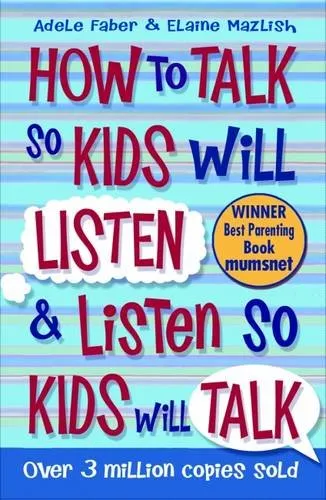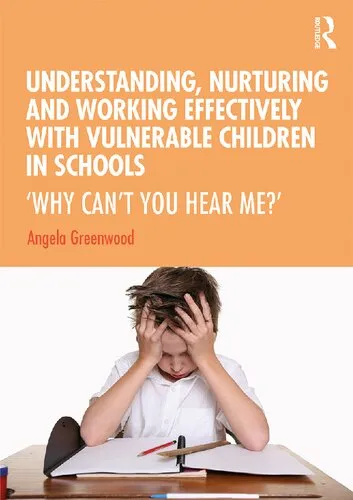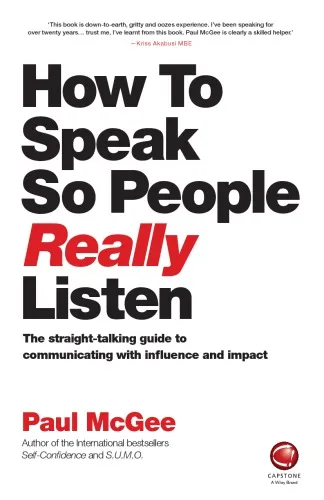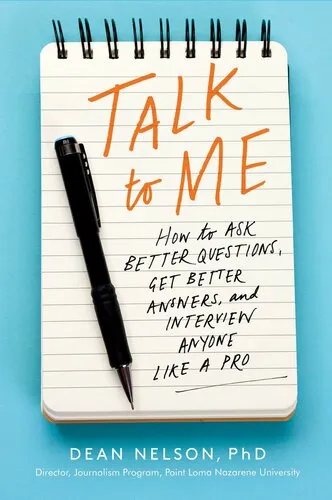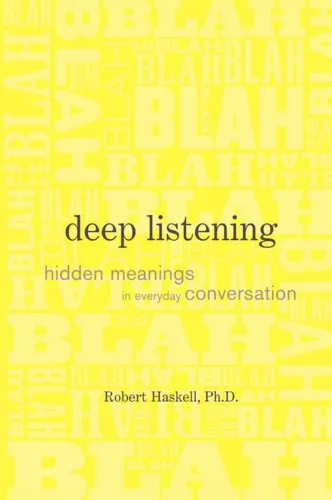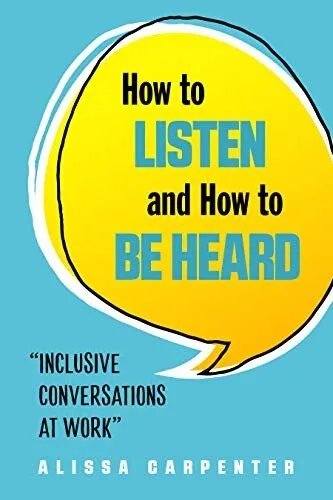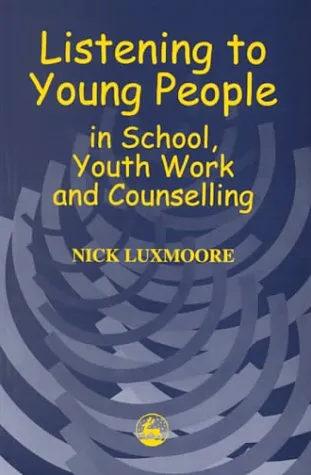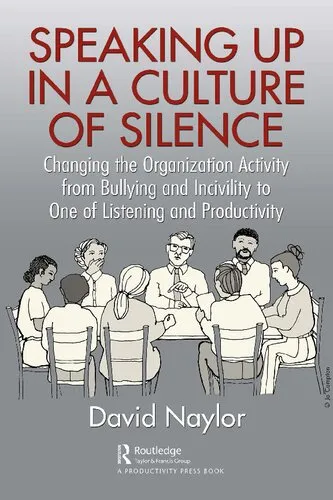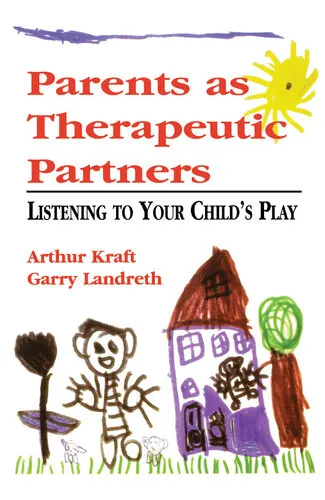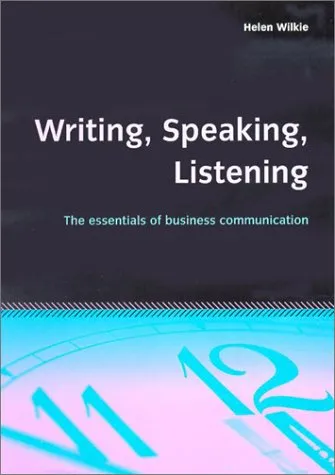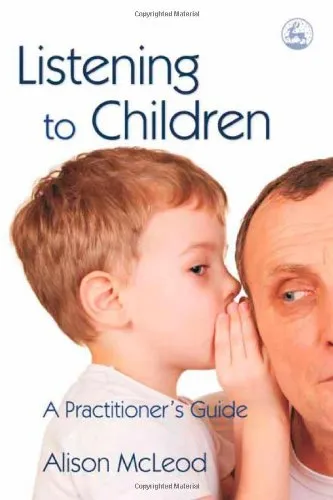How to Talk to Kids So Kids Will Listen and Listen So Kids Will Talk
4.8
Reviews from our users

You Can Ask your questions from this book's AI after Login
Each download or ask from book AI costs 2 points. To earn more free points, please visit the Points Guide Page and complete some valuable actions.Related Refrences:
Welcome to the detailed introduction to the renowned parenting book, How to Talk So Kids Will Listen and Listen So Kids Will Talk, authored by Adele Faber and Elaine Mazlish. This book has transformed the way millions of parents and caregivers approach communication with children, offering practical, empathetic, and actionable advice for building strong relationships. Whether you're navigating tantrums, dealing with sibling rivalry, or trying to connect with your child on a deeper level, this book equips you with the tools to foster cooperation and mutual respect. Let's delve into the essence of what makes this book a timeless guide for every parent or adult who interacts with children.
Detailed Summary of the Book
How to Talk So Kids Will Listen and Listen So Kids Will Talk outlines a revolutionary approach to communication that focuses on fostering understanding, empathy, and collaboration. The book is divided into several chapters, each filled with real-life examples, engaging exercises, and easy-to-apply strategies. Adele Faber and Elaine Mazlish draw from their own experiences as parents and educators, as well as insights from renowned psychologist Dr. Haim Ginott, to present a methodology that works for families of all sizes and dynamics.
The book covers essential topics such as:
- Effective techniques to handle children's emotions without invalidating their feelings.
- How to gain cooperation without resorting to threats or punishment.
- Encouraging autonomy and confidence in children.
- Resolving conflicts peacefully while ensuring everyone's needs are met.
- Engaging in meaningful, two-way conversations that help children feel heard.
Using relatable anecdotes, actionable dialogue scripts, and visual illustrations, the authors break down the complexities of parent-child interactions. The central theme is empowerment — empowering parents to guide and support their children while empowering children to articulate their thoughts and feelings constructively.
Key Takeaways
1. Acknowledge Feelings: Instead of dismissing or minimizing a child's emotions, acknowledge their feelings with empathy to make them feel understood.
2. Replace Punishment With Problem-Solving: Encourage cooperation by involving the child in resolving challenges, which fosters creativity and accountability.
3. Use Descriptive Praise: Replace vague praise (e.g., "Good job!") with specific observations (e.g., "You worked hard on that puzzle!"), helping children internalize their accomplishments.
4. Offer Choices: Giving children choices within boundaries increases their sense of control and prevents power struggles.
5. Listen Actively: When children speak, listen attentively without interrupting. Reflect their emotions through clarifying statements to validate their experiences.
Famous Quotes from the Book
"I can either make my child or break my child's spirit with my words." – Adele Faber & Elaine Mazlish
"When children feel understood, they are more motivated to find solutions to their own problems." – Adele Faber & Elaine Mazlish
"The way we talk to our children becomes their inner voice. Let’s fill their minds with kindness, respect, and encouragement." – Adele Faber & Elaine Mazlish
Why This Book Matters
In a world where parenting advice is often prescriptive and rigid, How to Talk So Kids Will Listen and Listen So Kids Will Talk stands out by championing compassion and practicality. The book's value lies in its universal appeal and timeless principles that transcend cultural, socioeconomic, and generational boundaries. It doesn’t propose a one-size-fits-all model but rather offers a flexible framework adaptable to the unique dynamics of every family.
The strategies in the book aren’t just about improving communication with children — they improve relationships overall. Parents find themselves using these techniques in their interactions with partners, colleagues, and even friends. It's more than a parenting guide; it's a primer on thoughtful and effective communication.
Ultimately, this book matters because it helps build relationships based on trust, cooperation, and respect, fostering not only happier families but also emotionally secure and confident individuals.
With its empathetic perspective and actionable advice, How to Talk So Kids Will Listen and Listen So Kids Will Talk remains an essential resource for anyone aiming to nurture a positive, communicative, and loving environment for children.
Free Direct Download
You Can Download this book after Login
Accessing books through legal platforms and public libraries not only supports the rights of authors and publishers but also contributes to the sustainability of reading culture. Before downloading, please take a moment to consider these options.
Find this book on other platforms:
WorldCat helps you find books in libraries worldwide.
See ratings, reviews, and discussions on Goodreads.
Find and buy rare or used books on AbeBooks.
1339
بازدید4.8
امتیاز0
نظر98%
رضایتReviews:
4.8
Based on 0 users review
Questions & Answers
Ask questions about this book or help others by answering
No questions yet. Be the first to ask!
